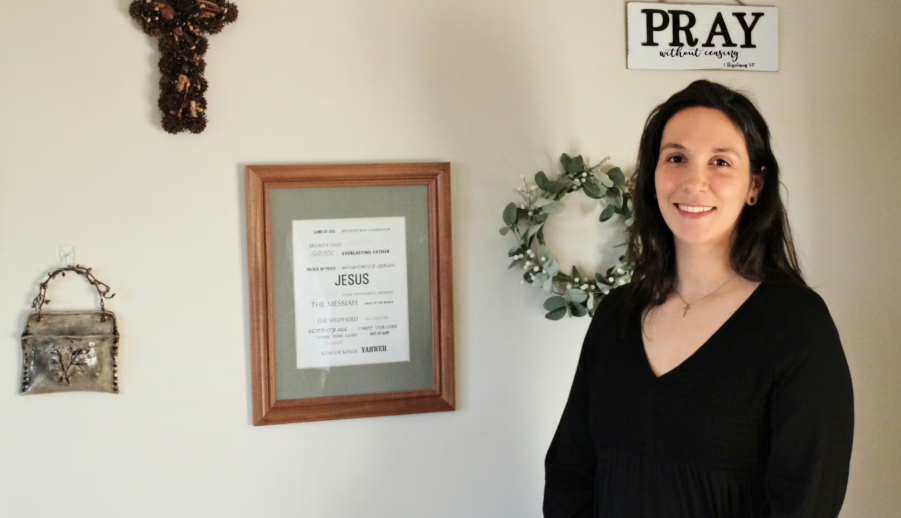Jennifer Vitsaxaki, a devout Catholic, moved to Skaneateles, New York, with her husband and children from Greece when her daughter, “Jane Doe,” was in fourth grade. Jane loved school in Greece, but when she moved to the United States, Jane became increasingly withdrawn, no longer enjoyed school, and began displaying behavioral changes that concerned Vitsaxaki. After several years of trying to get the school district to communicate any known changes regarding her daughter’s mental and emotional health, Vitsaxaki was given repeated representations by the school that there was no reason to be concerned because nothing was wrong with her daughter. That was not true. Eventually, by the time Jane was in seventh grade, Vitsaxaki learned that controversial, psychosocial intervention – often called “social transitioning” – efforts were made by the school district in using new male names and pronouns to identify Jane. These names were used by nearly all of the faculty and students in the school during school hours without Vitsaxaki’s knowledge or consent. What is more, the school had been using Jane’s legal name and feminine pronouns when speaking to Vitsaxaki so she would not know the school was secretly socially transitioning her daughter. The school even introduced Jane to medical transitioning information behind Vitsaxaki’s back, where such changes would be irreversible. Vitsaxaki, represented by Alliance Defending Freedom, is asking the Second Circuit Court of Appeals to reverse the lower court’s ruling that allowed the policy to remain in place.
Vitsaxaki is challenging the school district’s policy about the maintenance and confidentiality of student record-keeping, which permits both concealment from parents and even deception about a child’s gender identity and gender-affirming social transition measures taken by the school. The school’s policy violates Vitsaxaki’s free exercise of religion and her fundamental right to raise her child according to those beliefs. It is the parents, rather than the state, who know what is in the best interests of their minor children. “[P]ublic schools [must] not continue to implement policies that interfere with the fundamental rights of parents in the upbringing of their children—policies that conceal information fundamental to a child’s identity, personhood, and mental and emotional well-being, such as their preferred names and pronouns.” (p. 2) “Many school policies across the country, like the one at issue in this case, treat parents as a threat to their child without any due process. While some students may fear parental disapproval, discomfort, or disagreement, those concerns do not rise to the level of abuse or neglect that justify keeping parents in the dark about questions their child is asking about their gender identity. (p. 19) “Rather than keeping parents in the dark, schools should involve parents because it is precisely situations like these where parental involvement can make all the difference. Except in the case of abuse or neglect, a child’s parents are the adults who care most about that child, have the most invested in the child, and know the child best.” (p. 20). Children are best served when parents, who are most invested in their child, are included in these important decisions because they know their child best.




